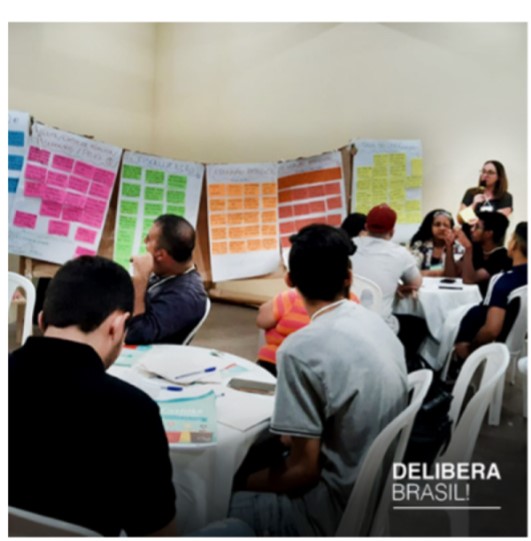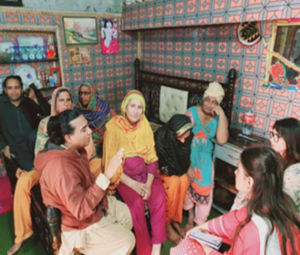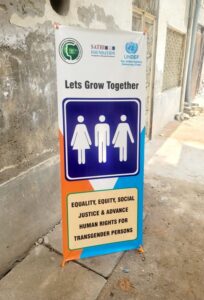Lesson Learned: Enabling National Initiatives to Take Democracy Beyond Elections
Providing local actors with an interest in running Citizen Assemblies with access to global networks, knowledge and experts who can offer guidance and learnings from their experiences is key in supporting their successful adaptation. In this project UNDEFs Implementing Partner offered valuable technical support and access to practitioner networks that supported local partner implementation and offered opportunities for sustained engagement around the Citizen Assembly model.

Making democracies more inclusive requires bold and innovative reforms to bring the young, the poor, and minorities into the political system. Some countries have piloted initiatives for assemblies on specific issues where members are not nominated by political parties but chosen at random for a limited term to represent all sectors of society, to prevent the formation of self-serving and self-perpetuating political classes disconnected from their electorates. The project aims to enable more countries to develop initiatives of this kind. It will develop and distribute a handbook on ‘Democracy Beyond Elections’ designed to show how nations at various levels of development can apply the principles of representation and deliberation in ways that are appropriate to their economic and educational circumstances. The project will fund three pilot projects to further the demonstration effect and produce a documentary based on one of these to demonstrate how deliberative democracy can work in practice. Among citizens, the project will work to build the sense that ordinary people are involved in making decisions that affect them, and thus to promote trust in Government. Among elected representatives, the project will work to stimulate a greater openness to complementary democratic models in which citizens explore and recommend policy solutions on key issues.

